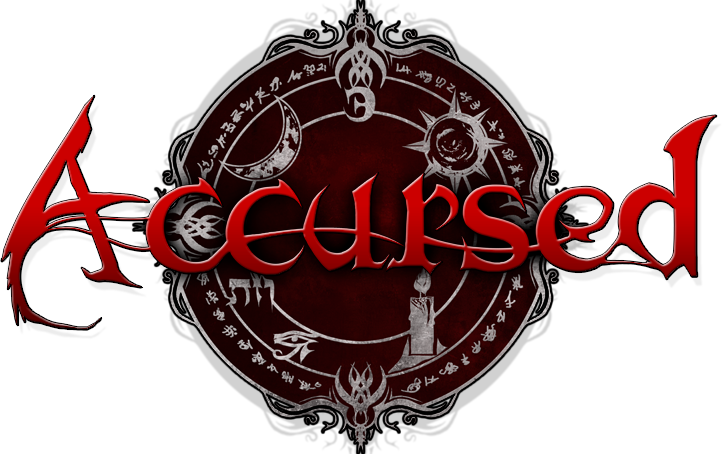This was partly challenged by the fact that the fey had only limited dealings with humanity. While they dwelt in a place that seemed to be nearby, their comings and goings had little rhyme or reason to the perceptions of a normal human. In point of fact, the fey mindset and philosophy was decidedly inhuman. Their ideas of barter, property, and even time were so different from that of mere mortals that any kind of understanding was limited.
Because of this, what would seem like a reasonable agreement to a pair of humans might seem less so to a pair of fey. Further, any negotiation between a fey and a human could have significant ramifications that neither party could expect. As a consequence, fey would often come to blows with humans whom they viewed as untrustworthy, while humans grew to fear the fey whom they viewed as treacherous. In both cases, this stemmed from a central and nearly unavoidable difference in their perceptions.
The fey were often capable of interacting with the world in ways that humanity could not comprehend. They had arcane abilities that could transform the world in unusual ways—including changes transformations to living things and alterations of unloving things. Similarly, fey could alter the perceptions of humans, often triggering emotional changes as well. It is for this reason that there are countless legends of fey causing people to fall in or out of love with one another. Folktales also speak of fey creating precious gems and metals from worthless materials, causing fields of grains to ripen, or for nature's bounty to whither and die on the vine.
Not surprisingly, mortal humans have long lusted after these talents. Often, the fey have been willing to exercise their abilities in the service of humanity, but always in exchange for some price. In many instances, a mortal would willingly trade something that seemed valueless to them, but precious to the fey. However, more often, a human might trade something to the fey without understanding the full repercussions of the bargain. It is unknown how many humans have traded emotions or memories to fey in exchange for some service, but few have recognized the true value of their loss until the deal is done.
Were it not for the course of the Bane War, the dealings between humanity and the fey might still remain a vast mystery. However, in the waning days of that War, the Alliance of Light recognized the truly dire nature of their situation. The Outlands had long since fallen, and forces were engaged in a battle on multiple fronts. Between the Djinn's army in Hyphrates and the loss of Cairn Kainen's leadership, the Alliance's component nations were badly fractured. In desperation, King Stefan attempted to seal a pact with King Auberon of the seelie fey.
The cost of that deal is unrecorded, but it likely involved some degree of self-interest. Clearly, the seelie fey were no more enthusiastic about the presence of the Witches and their banes than were the human defenders. Enochian scholars speculate that this is because of an interaction between their different understandings of the magical realm, but there is no good evidence to confirm or deny this.
What is clear, however, is that the after the betrayal, there are no surviving fey who act out of kindness to humanity. Rather, those who remain clearly see mortals as little more than playthings. Their negotiations have also taken a far more rigorous tactic. When a human seeks to gain the favor of an unseelie fey, there is often a physical—and frequently gruesome—price included as part of the negotiation. Where the seelie might want a memory of pleasure or love, the unseelie prefer to take pain and cruelty as payment—preferably when the suffering is freshly administered.

Hi, I think there is a mistake with the position of the words "seelie" and "unseelie" in this last paragraphy:
ReplyDelete"Where the unseelie might want a memory of pleasure or love, the seelie prefer to take pain and cruelty as payment—preferably when the suffering is freshly administered."
Good catch! You're right, and it has been corrected. Thank you
Delete